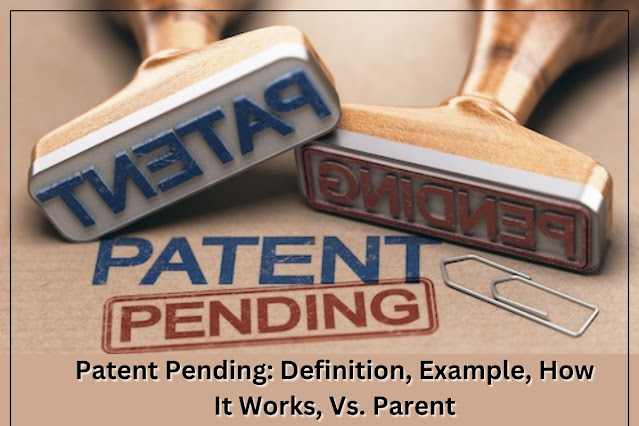In the dynamic world of
technology, where mobile applications continue to shape our daily lives,
safeguarding your innovative mobile app idea is crucial. Securing a patent not
only protects your intellectual property but also provides a competitive edge
in the rapidly evolving app market. In this comprehensive guide, we will walk
you through the steps on how to patent a mobile app idea.
1. Understand the
Patentability of Your Mobile App Idea
Before diving into the patent
process, it's essential to determine if your mobile app idea is eligible for a
patent. Then patent the mobile app. Patent Services USA provides
reliable services to patent your Idea instantly. Generally, patents are granted
for inventions that are novel, non-obvious, and have industrial applicability.
Ensure your mobile app meets these criteria and doesn't infringe on existing
patents.
2. Conduct a Thorough Patent Search
To confirm the uniqueness of your
mobile app idea, conduct a comprehensive patent search. This step helps
identify existing patents that may be similar to your concept. Utilize online
patent databases and professional assistance, if necessary, to ensure a
thorough examination.
3. Document Your Mobile App Idea
Detailed documentation is crucial
in the patent application process. Create a thorough and clear description of
your mobile app idea, including its functionality, features, and any unique
aspects. Visual aids such as flowcharts, diagrams, or wireframes can enhance
the clarity of your documentation.
4. Consider the Type of Patent
There are different types of
patents, with utility patents being the most common for mobile app ideas.
Utility patents cover the functional aspects of an invention and provide
stronger protection. Evaluate whether a utility patent or a design patent,
which focuses on the visual design of an app, is more suitable for your mobile
app idea.
5. File a Provisional Patent Application (PPA)
Consider filing a provisional
patent application as an initial step. A PPA establishes an early filing date
for your mobile app idea and allows you to use the term "patent
pending." This provides a one-year window to further develop and refine
your concept before filing a non-provisional patent application.
6. Non-Provisional Patent Application Filing
Within the one-year period of
filing a PPA, submit a non-provisional patent application to the United States
Patent and Trademark Office (USPTO). This comprehensive application includes a
detailed description, claims, drawings, and any necessary supporting documents.
Hiring a patent attorney can be beneficial to navigate the complexities of the
application process.
7. Respond to USPTO Office Actions
During the patent examination
process, the USPTO may issue office actions or requests for additional
information. Respond promptly and thoroughly to these communications to address
any concerns or objections raised by the examiner. Working closely with a
patent attorney can help streamline this part of the process.
8. Pay Maintenance Fees
After the patent is granted, it's
essential to stay current with maintenance fees to keep the patent in force.
Failure to pay these fees can result in the expiration of your patent, leaving
your mobile app idea unprotected.
9. Enforce Your Patent Rights
Once your patent is granted, you
have the right to enforce it against anyone who tries to make, use, sell, or
import your patented mobile app idea without permission. Consult with legal
counsel if you encounter potential infringement to determine the appropriate
course of action.
Read more : - How to get a patent for
free
Conclusion: Protecting Your Mobile App Idea for Future Success
Securing a patent for your mobile
app idea is a strategic step in safeguarding your intellectual property and
ensuring a competitive advantage in the thriving app industry. By understanding
the patenting process and following these steps diligently, you can navigate
the complexities and establish a solid foundation for the success and
protection of your innovative mobile app idea.
.jpg)
.jpg)


Comments
Post a Comment